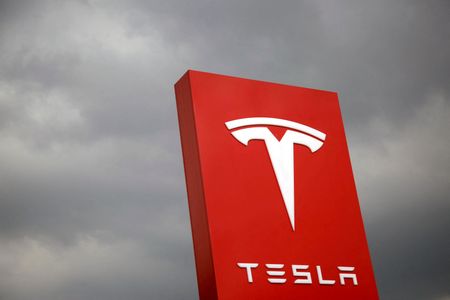By Milana Vinn and Anirban Sen
(Reuters) – Smartsheet, a U.S. maker of workplace collaboration software with a market value of $6.3 billion, has tapped investment bankers after attracting acquisition interest from buyout firms, according to people familiar with the matter.
The Bellevue, Washington-based company is working with Qatalyst Partners to review approaches from private equity firms, the sources said. Smartsheet has not decided whether it should launch a sale process and it is possible that it opts to stay independent, the sources added.
The sources requested anonymity because the matter is confidential. Smartsheet and Qatalyst did not respond to requests for comment.
Buyout firms have been actively targeting deals in sectors such as technology and services this year, after sitting on the sidelines for most of 2023 due to high interest rates that made financing of leveraged buyouts tougher. Private equity deal volumes jumped about 41% during the first half of the year, driven by several take-private deals.
Smartsheet’s software allows organizations to manage, track and automate their workflow using a single platform, offering more features and capabilities than Microsoft’s Excel.
It focuses on big corporate clients that have complex operations, such as Pfizer, Cisco and American Airlines, serving 85% of the Fortune 500 companies, according to its website. Some of its competitors offering similar products, like Asana and Monday.com, target smaller companies.
Smartsheet invests in its growth at the expense of its bottom line, generating strong sales while posting losses. It has been trimming these losses as it improves its profit margins.
The company reported revenue of $904 million in the fiscal year ending Jan. 31, up from $714 million a year earlier, while narrowing its pre-tax losses from $213 million to $96 million. It had cash on hand of $334 million at the end of April and carried no debt.
Banks are reluctant to lend to companies that use up their cash flow, making their leveraged buyouts more challenging for private equity firms to finance.
In a workaround, some buyout firms have turned to so-called shadow banks for financing — a catch-all term for investment firms that operate outside the banking sector. These lenders operate without the supervision of banking regulators and have the flexibility to provide loans that hinge less on a company’s cash flow and more on the sales it generates, often referred to as an annual recurring revenue loan.
In a sign of how risky this debt can be, private equity firm Vista Equity is in talks to cede control of its educational software platform Pluralsight to its lenders after the annual recurring revenue loan it took on following its $3.9 billion acquisition soured, Reuters reported earlier this month.
(Reporting by Milana Vinn and Anirban Sen in New York; Editing by Lisa Shumaker)




